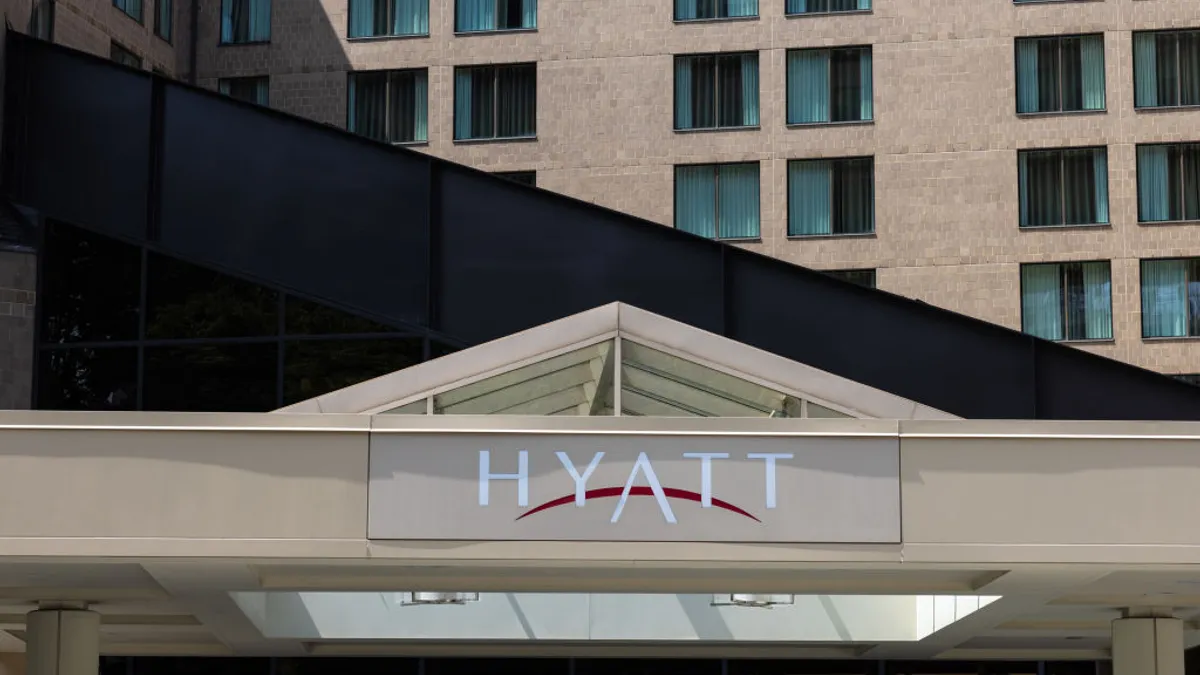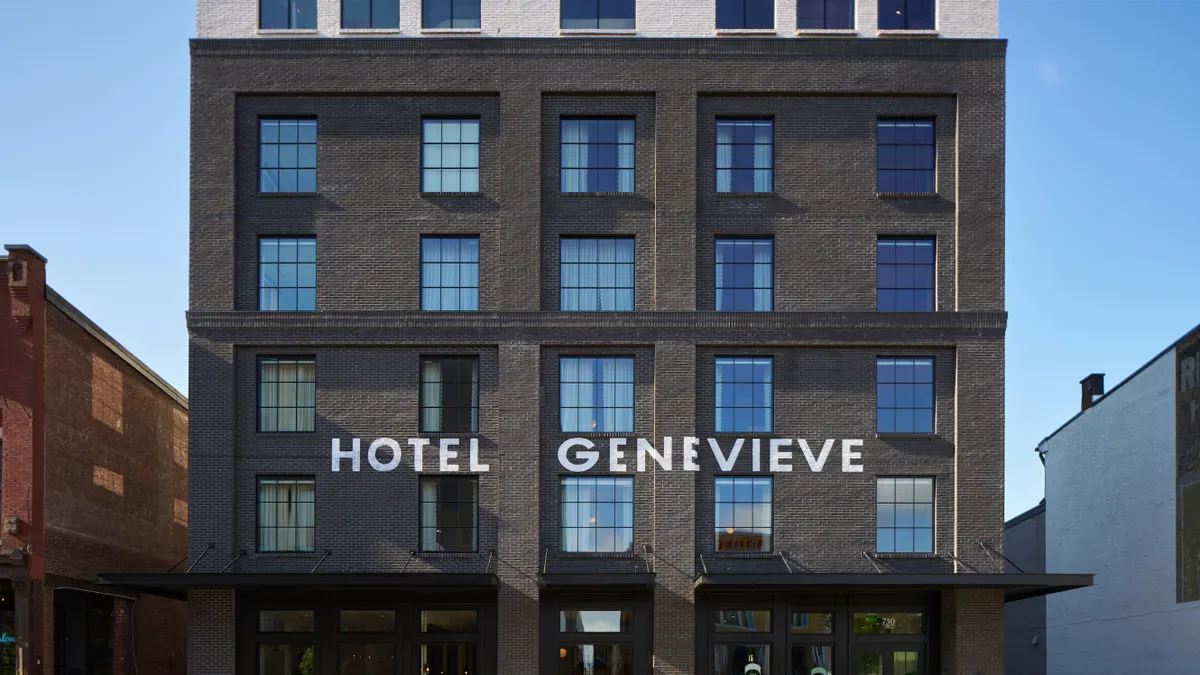The following is a guest post from Frank Reeves, chief evangelist at SHR Group. Opinions are the author’s own.
All too often, hoteliers celebrate the moment a guest clicks “book” as a victory. But in reality, a booking confirmation is not a victory — it's merely a potential sales lead until the guest arrives.
The hotel industry's current model, which allows guests to cancel up to 24 hours before their arrival, leaves hoteliers in a precarious position, vulnerable to last-minute cancellations and exposed to unexpected revenue loss and vacancies.
Operating in this state of uncertainty simply isn’t sustainable. Rather than viewing a booking confirmation as the end goal, it's time for the industry to shift its approach, seeing it instead as the beginning of a relationship that needs to be carefully cultivated. Securing a booking isn’t the end of the process, but the start, and it’s the moment hoteliers should begin to deepen their interactions with guests.
Predicting cancellations
Implementing more stringent cancellation policies might seem like the obvious solution to minimize revenue losses, but this approach risks deterring a valuable pool of potential guests — those who, for various reasons, want some level of booking flexibility.
So the challenge at hand extends beyond simply trying to prevent cancellations. The more nuanced and, perhaps, more critical task is predicting which bookings are at risk of being canceled — and then taking proactive measures.
So how do we predict who’s going to cancel and why? The answer lies in guest data.
There are a number of factors that can influence cancellations, from the type of guest, the booking channel used, the type of room booked and even the time between booking and the intended stay. Having a deeper understanding of who each guest is and their booking behavior allows hoteliers to segment their guest base into different risk categories. For instance, a guest who books far in advance might have a different risk profile compared to someone who books at the last minute.
There are also some types of guests who are simply more likely to cancel on you than others. According to SHR Group’s Hotel Industry Trends Report 2024, families were most likely to cancel last year, followed by multi-room bookings and couples.
Engaging guests before they arrive
By pinpointing guests at higher risk of cancellation, hoteliers gain an opportunity to proactively nurture these relationships through targeted engagement strategies. This approach is not about deterring cancellations through penalties or restrictions, but about enriching the guest's experience and connection with the hotel before they even arrive.
To engage families before a stay, for example, hoteliers might send personalized emails that highlight family-friendly activities and events happening in the vicinity during their visit. Information about on-site amenities designed for children, such as kids' clubs, swimming pools with lifeguards, or family dining options, can reassure parents that their needs are catered to. Exclusive family packages or discounts on local attractions could also be offered, along with special meal options catering to younger guests, making the prospect of canceling less appealing.
For business travelers, proactive measures might include information on the hotel's business facilities, like meeting rooms and high-speed internet access, or offers for early check-in and late check-out to accommodate their schedules.
Couples might appreciate information on romantic dining experiences, spa services or special room setups that can make their stay more memorable. These types of interactions build a stronger rapport with guests, help to establish loyalty and demonstrate a hotel's commitment to exceptional guest service.
But implementing such targeted engagement strategies requires a robust understanding of guest data and the ability to act on insights in real time. It necessitates a shift toward using data and analytics to foresee and mitigate cancellations, using machine learning algorithms to sift through vast amounts of booking data to identify patterns associated with cancellations.
This not only helps hoteliers anticipate potential cancellations, but also understand their guests on a deeper level. By embracing data-driven strategies to predict cancellations, nurturing guest relationships post-booking and identifying at-risk guests, hoteliers are in a position to significantly improve booking retention and even transform potential losses into opportunities for growth.
The future of hotel management is not just in attracting guests, but keeping them.

















